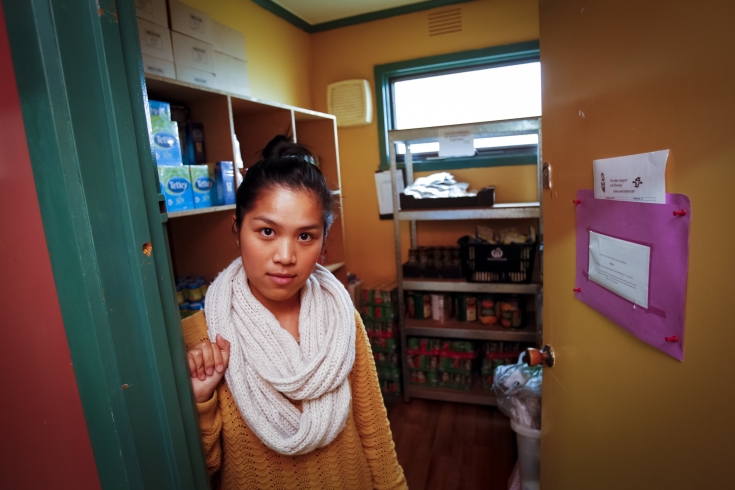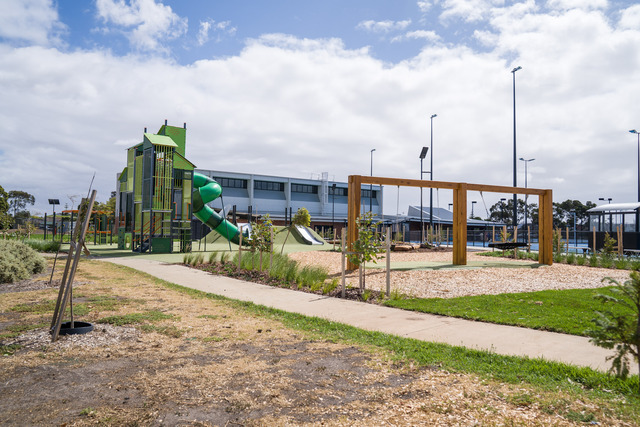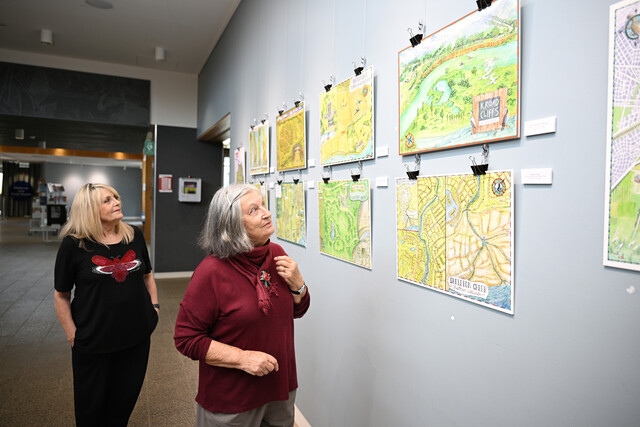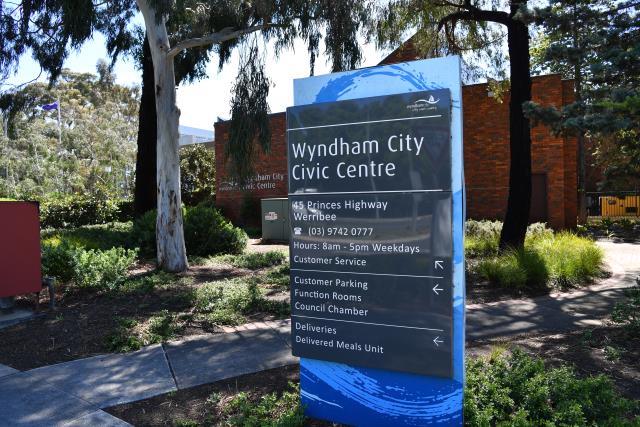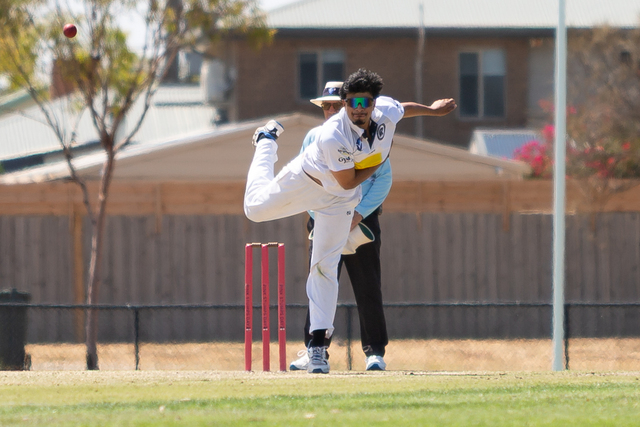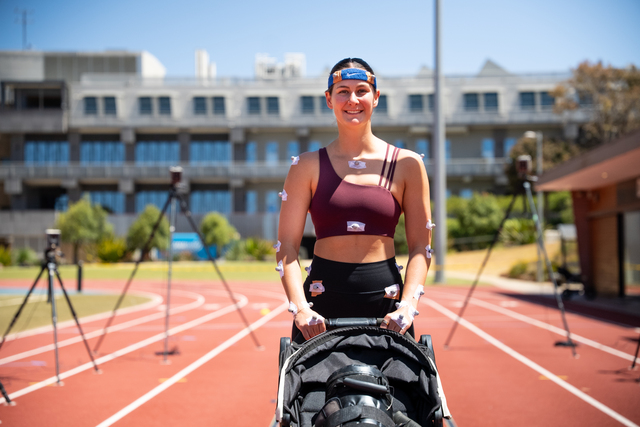FOOD vouchers and emergency relief have been depleted at Werribee’s biggest social support agency due to an influx of asylum seekers stripped of the right to work.
UnitingCare Werribee Support and Housing ran out of food vouchers in February for the first time in 13 years, saying it couldn’t cope with the extra demand of hundreds of asylum seekers housed at nearby transitional accommodation.
The federal government has been releasing groups of up to 150 asylum seekers from detention centres into transitional housing in Tarneit, north of Werribee, every six weeks since August.
But after the government stepped up its border protection policies, prohibiting bridging-visa holders from getting a job, Werribee Support and Housing chief executive Carol Muir said asylum seekers had been forced into destitution.
The surge of struggling asylum seekers living on less than $31 a day has dealt the agency a 150 per cent spike in demand. It went from providing 166 food parcels last September to 418 in February.
Ms Muir said the charity was already strained by rising disadvantage within Wyndham, the fastest-growing municipality in Victoria.
“In Wyndham, where the population is rapidly growing, we have fewer dollars to stretch further, and now an additional target group whose needs we have to meet,” she said. “Now that they can’t work, I don’t know what they would do if we weren’t here . . . there’s clearly an expectation that community groups would support them.”
AMES, the organisation that operates the Tarneit transitional housing on a government contract, said asylum seekers living there had undergone health and security checks but were waiting for their claims to be assessed fully.
Spokeswoman Sarah Gilmour said tenants received just $221 a week and were turning to charity for help. “There are increased numbers in the area, they’re not allowed to work, and, yes, there’s extra pressure on the emergency relief system.”
The tenants are mostly single men from Afghanistan, Pakistan, Iran, Sri Lanka and Burma. About 60 refugees have permanently resettled in Wyndham. An Immigration Department spokesman said 9613 asylum seekers who arrived by boat were on bridging visas.
The department couldn’t say how many had been bridged since the work ban, but the Asylum Seeker Resource Centre’s Jana Favero put the figure at about 3000. She said 90.8 per cent of asylum seekers were found to be refugees, and a work ban for up to five years was creating an “underclass of future Australians”. ” Some end up getting paid illegally, being exploited for $8 an hour, because they need cash-in-hand.”
A spokeswoman for Prime Minister Julia Gillard said she had been in contact with Werribee Support and Housing.
Following record boat arrivals at Christmas Island last month, Ms Gillard flagged the possibility of releasing more people on bridging visas. She also defended work bans.
“The clearest advice to us is that if people had work rights that could act as an incentive factor to get on a boat.”
WORK REFUSAL UPSETS
HAMID was forced to leave his wife and two infant children behind when he fled from his home country.
“Without work, I am prevented from having a livelihood,” he says. “There is not enough for me to live on in Australia, let alone anything to send back for my family to survive on”.
Zarni left his family in a transit camp where they constantly feel unsafe and are struggling to survive. He says having the right to work in Australia was the only way he could save them from danger and destitution.
The Asylum Seeker Resource Centre says the pair are among thousands of asylum seekers who are victims of a government policy that deliberately punishes those who have arrived by boat since August 13 last year by refusing them the right to work.

